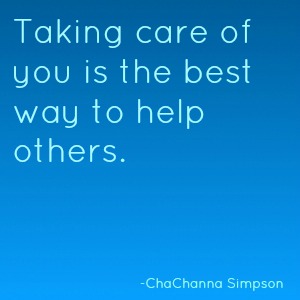
I recently celebrated 10 years working as a professional coach.
Wow, how did that happen?
Well, if I’m honest, it was no accident: it was thanks to great training, awesome clients, creative colleagues, caring teachers, mentors and coaches, a super supportive family, good instincts, some sweat and tears, and a bunch of good luck.
Reflecting back, a lot has changed: for the profession, me and most importantly, my clients.
Ten years ago, when I told people I’d quit my stable job to become a coach, they’d look puzzled and ask where my whistle was.
Now coaches and the coaching profession are mocked in The New Yorker (a true sign of having “made it”).
Ten years ago, I was told the government or nonprofit sector wouldn’t ever understand or value coaching.
Now I’ve worked with hundreds of leaders and teams from that sector and beyond to make amazing changes in their organizations, professional and/or personal lives.
A lot has changed in me too. Hard won changes, and little subtle ones. And a lot in between.
Often when a coaching client is nearing completion with me, I’ll ask them to come up with their key take-aways from coaching: a list of what will stick with them, remind them of their learnings and insights from coaching that they can use far after coaching is completed.
So if I could tell you anything about what’s stuck with me from the past ten years as coach (and as a human being), here’s what I’d say:
1) You actually do have the answers to most questions you have inside (most of the time). Somehow many of us seem to be trained to doubt ourselves, and to look to external sources for “the answer”. It’s a practice to learn how to listen, respect and follow your own knowledge.
2) The most meaningful and longest lasting answers will come from puzzles you have solved yourself. We’ve all had the experience of getting advice from well-intentioned and even wise people that ultimately wasn’t really that helpful or useful to addressing the need. When you listen to your own wisdom to solve your issues, you can trust that the answer you come to has integrity for you.
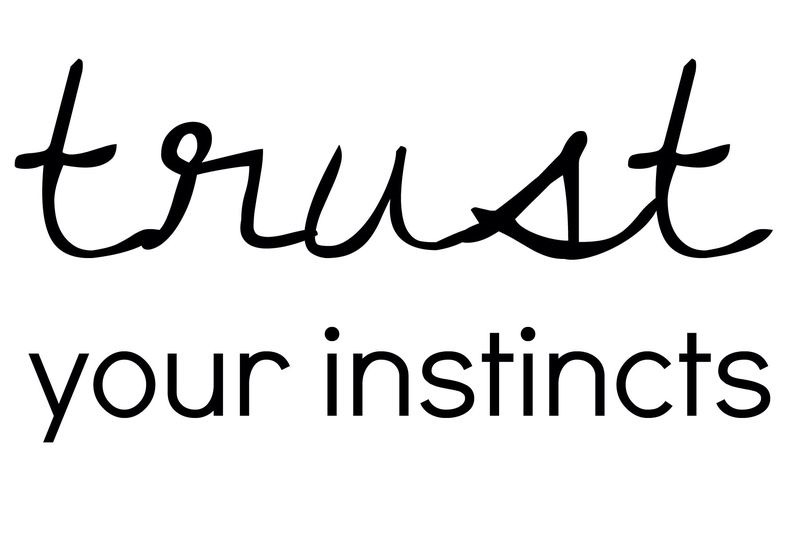 3) Your instincts are usually right. Your instincts – which could also be called your intuition – has valuable information for you. Learn to know how to access your intuition, and how to listen to it.
3) Your instincts are usually right. Your instincts – which could also be called your intuition – has valuable information for you. Learn to know how to access your intuition, and how to listen to it.
4) At the same time, you don’t have to do it all alone. Asking for help is one of the biggest underutilized leadership (and life) skills. Vulnerability is not the same as weakness; being able to own our vulnerability is actually a strength.
5) Let your big heart show. Passion wins, so don’t be afraid to express it.
6) It’s rarely personal. Whatever “it” is – the disappointment, the comment, the missed opportunity, life itself – is rarely about you. Look for opportunities to have compassion for yourself and others: most people are at least as scared or hurt as you are or have been. Don’t make it about you when it’s not.
7) Except when it is about you. When you’ve made a mistake, acknowledge it, clean up your mess, and learn from it.
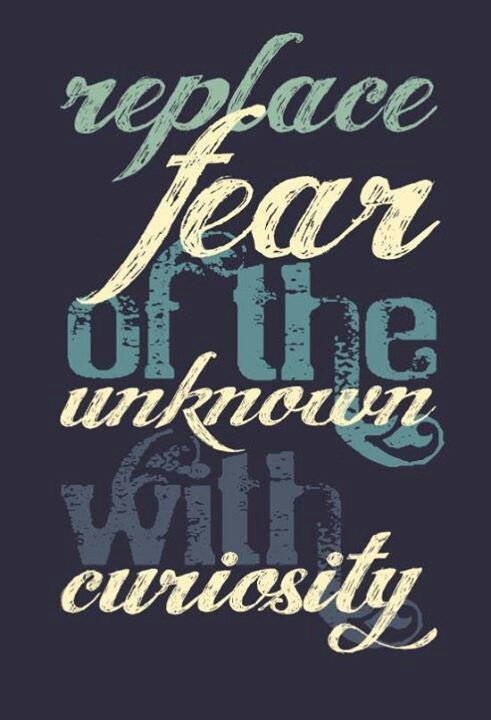 8) Curiosity is a great antidote to judgment. Our lovely analytical minds want to evaluate, judge, measure and prove. This is a lovely skill for some but not all of life’s tasks. When prone to judge, look to see where you can bring some curiosity in: “how interesting!”
8) Curiosity is a great antidote to judgment. Our lovely analytical minds want to evaluate, judge, measure and prove. This is a lovely skill for some but not all of life’s tasks. When prone to judge, look to see where you can bring some curiosity in: “how interesting!”
9) High standards are great; “perfect” is typically not a useful or achievable goal. If you look to industries where purity is critical, the standard that’s held as acceptable is rarely over 95% – it’s too expensive and inefficient to reach higher levels. Know what YOUR acceptable standard is, and let go of “perfect”.
10) It is possible to make it up. It’s OK not to know and still move forward. Planning is great, and sometimes the answer comes from moving forward and creating from whatever is there.
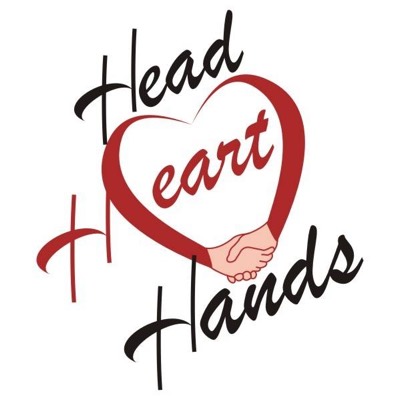 11) Effective (fill in the blank – leadership, parenting, whatever) comes from harnessing our whole selves: head (our intellect), heart (our emotions), hands (our body) and our intuition/instincts/spirit. Most of us tend to lead from the neck up, which is great, except for the fact that we are missing some important additional resources that could be brought to the equation. Understanding how to listen to the wisdom of our whole selves, and not only our minds, is critical.
11) Effective (fill in the blank – leadership, parenting, whatever) comes from harnessing our whole selves: head (our intellect), heart (our emotions), hands (our body) and our intuition/instincts/spirit. Most of us tend to lead from the neck up, which is great, except for the fact that we are missing some important additional resources that could be brought to the equation. Understanding how to listen to the wisdom of our whole selves, and not only our minds, is critical.
12) When in doubt, just show up, even when it’s hard or uncomfortable. Staying physically and emotionally present and non-reactive through challenging moments or times – with ourselves and others – actually is what allows the difficulty to dissipate and resolve. Or as someone said: Sit, stay, heal.
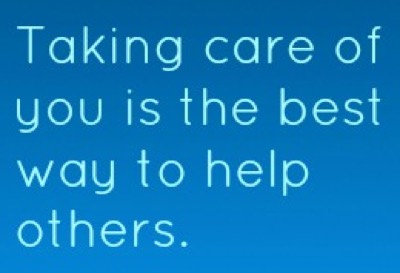 13) Self care is not indulgent, selfish or silly. Running yourself into the ground via busyness, lack of sleep, exercise, good nutrition or self-reflective practices doesn’t serve you or the ends you are trying to create. By putting on your own oxygen mask first, filling up your own tank, you can be even more of service to the world.
13) Self care is not indulgent, selfish or silly. Running yourself into the ground via busyness, lack of sleep, exercise, good nutrition or self-reflective practices doesn’t serve you or the ends you are trying to create. By putting on your own oxygen mask first, filling up your own tank, you can be even more of service to the world.
In the Comments below, help me celebrate 10 years of coaching, learning and growth! Give me your 2 cents on my list, and add your own truths!
…. and if you enjoyed this post, sign up to receive more right in your in-box…. it’s free!

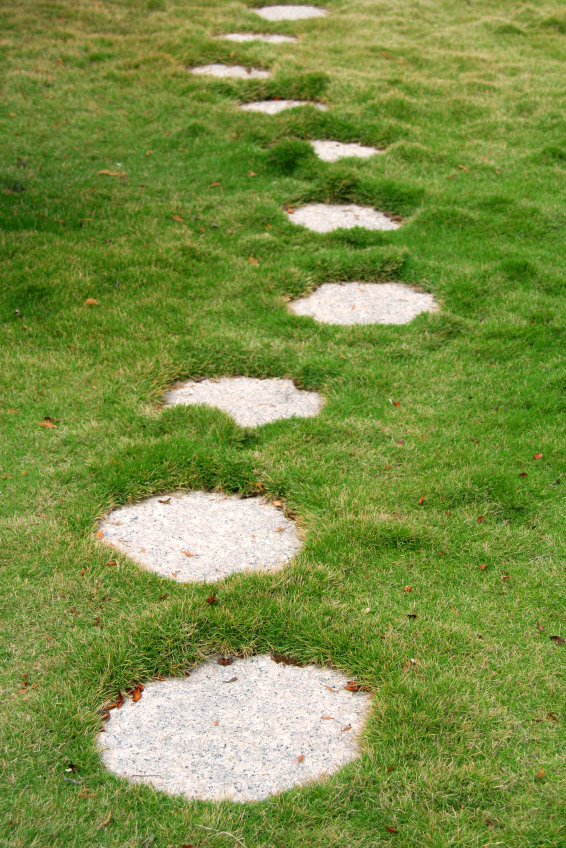
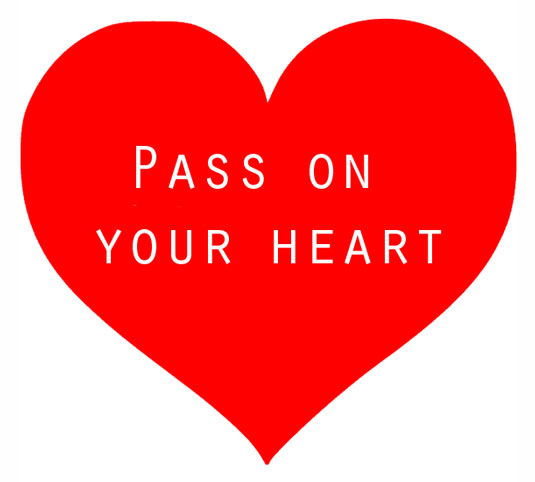
 Before specializing as a professional coach in 2004, I spent more than a decade in leadership, management and program development for state and local government and non-profit organizations. Now I get to help leaders and teams have more clarity and ability to stand up for what's important in their work and in their organizations. Working with me, leaders and teams find more meaning and purpose, feel happier and more confident, navigate change and conflict, and work together better.
Before specializing as a professional coach in 2004, I spent more than a decade in leadership, management and program development for state and local government and non-profit organizations. Now I get to help leaders and teams have more clarity and ability to stand up for what's important in their work and in their organizations. Working with me, leaders and teams find more meaning and purpose, feel happier and more confident, navigate change and conflict, and work together better.
This is the most useful list I have read in a long time!!!! Do you have the headline version with symbols that I can print and leave in strategic places in my life? Wow. Just he right message at jut the right time!
Thanks, Elizabeth! Glad it was well timed for you! And great idea on the 1 page version – look for that soon!
Thanks for sharing this great list! Wow!
A truth I would add is about my personal vocation being what holds it all together. It is the unique, gifted meaning of my life. The more I live it out, the more alive I come and the more I enter transformation.
Love your truth, Scott! Aliveness and transformation is what it’s all about, isn’t it? Great to hear from you!